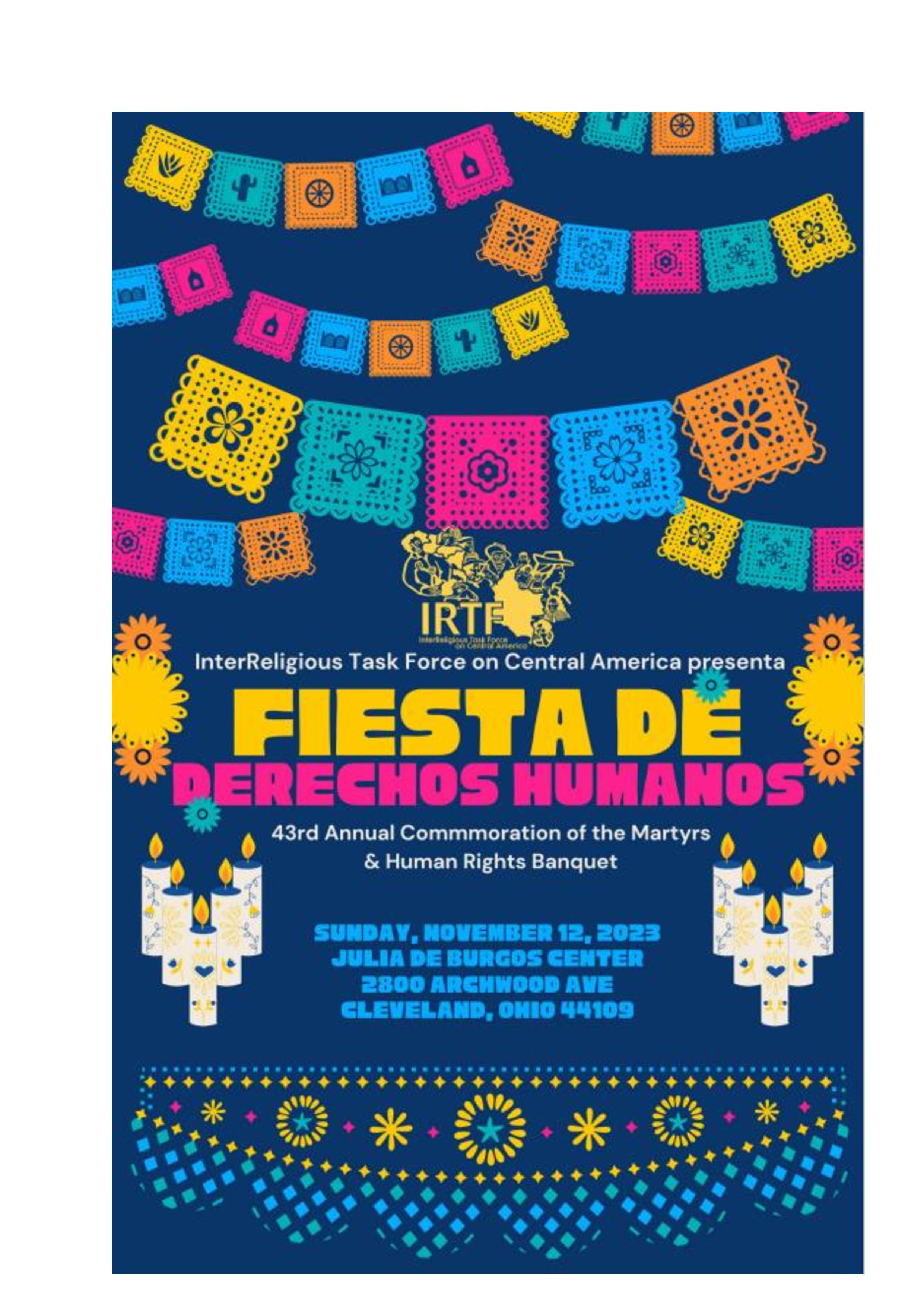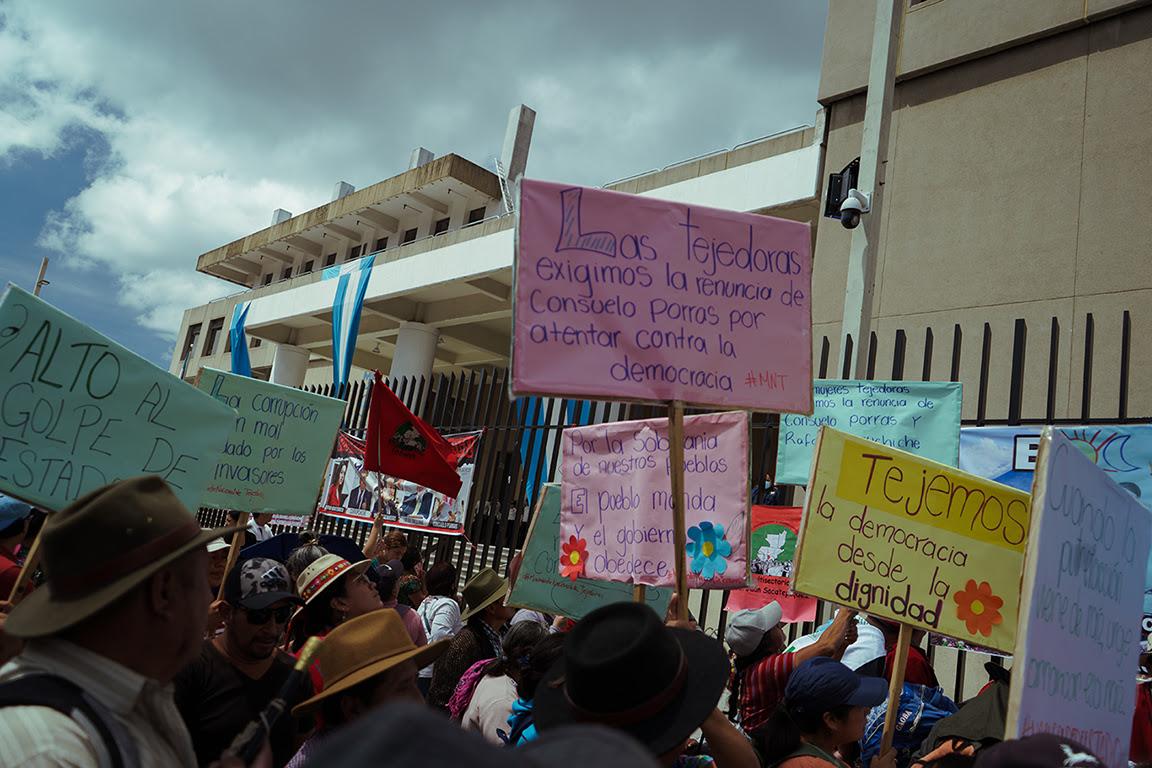Park ranger Adonias Cruz, part of a team monitoring illegal oil palm crops in Honduras, faced a death threat at his home. The dangerous nature of their work stems from groups involved in palm oil exploitation and drug trafficking. Palm oil, a lucrative export for Honduras, poses environmental risks, threatening biodiversity and water quality. The cultivation boom, fueled by financial incentives, has also led to illegal plantations, impacting national parks. Drug traffickers invest in oil palm to legitimize income, control territory, and exploit government incentives. Environmental activists, combating illegal plantations, face deadly consequences, with Honduras being the deadliest country for them. Despite efforts, including the establishment of the Green Battalion, logistical challenges and corruption hinder effective protection against illegal oil palm activities.
- Home
- About Us
- Issues
- Countries
- Rapid Response Network
- Young Adults
- Get Involved
- Calendar
- Donate
- Blog


